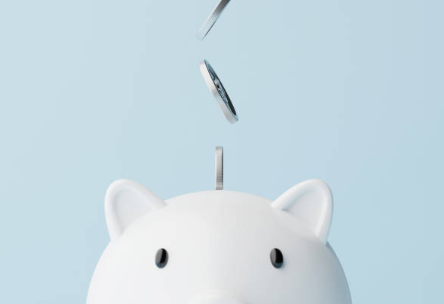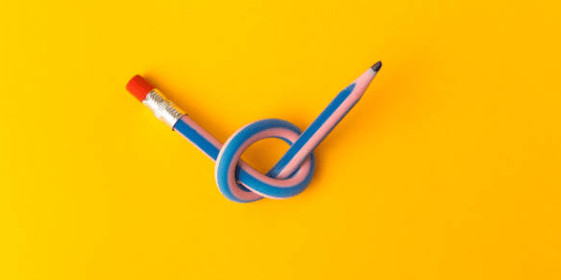Mastering Your Budget: Tips to Stick to It Without Feeling Restricted
WEALTH BUILDING
4 min read


Creating a Realistic and Achievable Budget
Establishing a budget that effectively reflects your financial behavior and aspirations requires a systematic approach. The first step is to gather comprehensive financial information. Begin by collecting statements that detail all sources of income, including paychecks, bonuses, and any side earnings. Additionally, document all recurring expenses, such as rent or mortgage payments, utilities, insurance, and subscription services. This thorough inventory will serve as the foundation for your budget.
Once you have a complete picture of your financial landscape, the next step is to categorize your expenses. Divide them into fixed essentials, such as housing and transportation, and flexible discretionary spending, like dining out and entertainment. This classification will help you to understand where your money is going and identify areas for potential adjustments. A vital part of this process is distinguishing between needs and wants—needs are non-negotiable expenses, while wants can be adjusted or eliminated if necessary.
Setting realistic spending limits is crucial to the success of your budget. Consider your financial goals—whether saving for emergencies, planning for a vacation, or paying off debt—and allocate funds accordingly. Avoid the temptation to overspend in any category to maintain a balance that feels manageable. It is also important to remain flexible. Life is unpredictable, and your circumstances may change over time, necessitating edits and adjustments to your budget. Regular review sessions, perhaps monthly, can aid in tracking progress and making necessary tweaks.
Incorporating Fun and Flexibility into Your Budget
Budgeting is often perceived as a daunting task that imposes limitations on one's spending habits. However, by incorporating elements of fun and flexibility into your budget, you can create a controlled framework that accommodates both savings and personal enjoyment. One effective method is to allocate a specific portion of your budget as ‘fun money.’ This designated amount allows you to indulge in small pleasures without guilt, fostering a healthier relationship with your finances. Fun money can be used for spontaneous outings, hobbies, or any small luxuries that enhance your overall quality of life.
Another important aspect of effective budgeting is planning for unexpected expenses. Life can be unpredictable, and having a buffer in your budget for emergencies or surprise costs is essential. Consider establishing an emergency fund that gradually builds over time. This proactive approach ensures that when unanticipated expenses arise, such as car repairs or medical bills, you can handle them without derailing your financial plans. Integrating this fund into your budget allows for smoother financial transitions and reduces stress associated with unforeseen expenditures.
Flexibility is key to maintaining a sustainable budget. Life circumstances can change, leading to the need for budget adjustments. Regularly reviewing and adjusting your budget based on current income, expenses, or financial goals can keep your spending in line with your realities. Consider implementing a monthly check-in where you assess your spending patterns, make necessary modifications, and celebrate achievements—all while remembering to leave room for enjoyment. By treating budgeting as a dynamic process rather than a rigid set of rules, you empower yourself to make informed decisions that prioritize both your financial health and personal happiness.
Tools and Resources to Simplify Budgeting
In today's digital age, numerous tools and resources are available to help individuals manage their finances efficiently and effectively. The first category of such tools includes budgeting applications, which can be found on both Android and iOS platforms. Popular apps like Mint, YNAB (You Need A Budget), and EveryDollar offer features that allow users to track expenses, set financial goals, and monitor spending patterns in real-time. These applications typically provide user-friendly interfaces, making them accessible to those who may be new to budgeting.
Spreadsheet programs like Microsoft Excel and Google Sheets offer flexible options for individuals who prefer more hands-on methods. By creating personalized spreadsheets, users can customize their budget according to specific financial situations. There are numerous templates available online that can assist users in setting up their budgeting spreadsheets efficiently. This option allows for greater control over the budgeting process, accommodating both short-term needs and long-term financial planning.
Online calculators also play a crucial role in simplifying the budgeting process. Many financial websites provide advanced budgeting calculators that can help individuals understand their income, expenses, and savings goals better. Utilizing these calculators can shed light on areas where one can cut back on spending or how to allocate extras towards savings and investments. As users explore these resources, it’s advisable to consider their own budget management styles. Some individuals may prefer an app for its automation and convenience, while others might find satisfaction in using spreadsheets for a thorough understanding of their finances.
The right tools can reduce the stress associated with budgeting and empower individuals to take control of their financial lives. By evaluating their preferences and lifestyles, users can select the appropriate combinations of tools that align with their budgeting needs, paving the way for more effective financial management.




